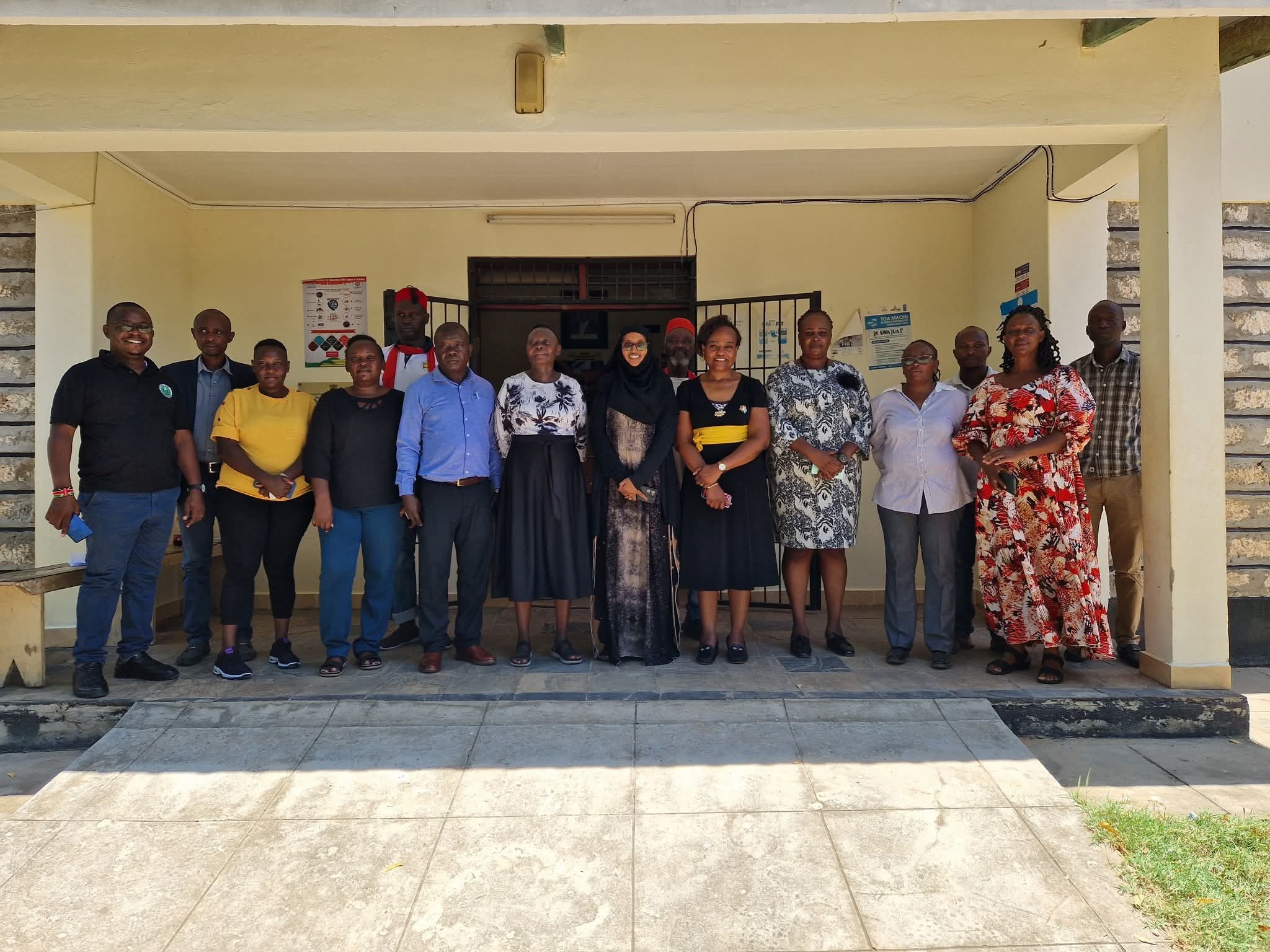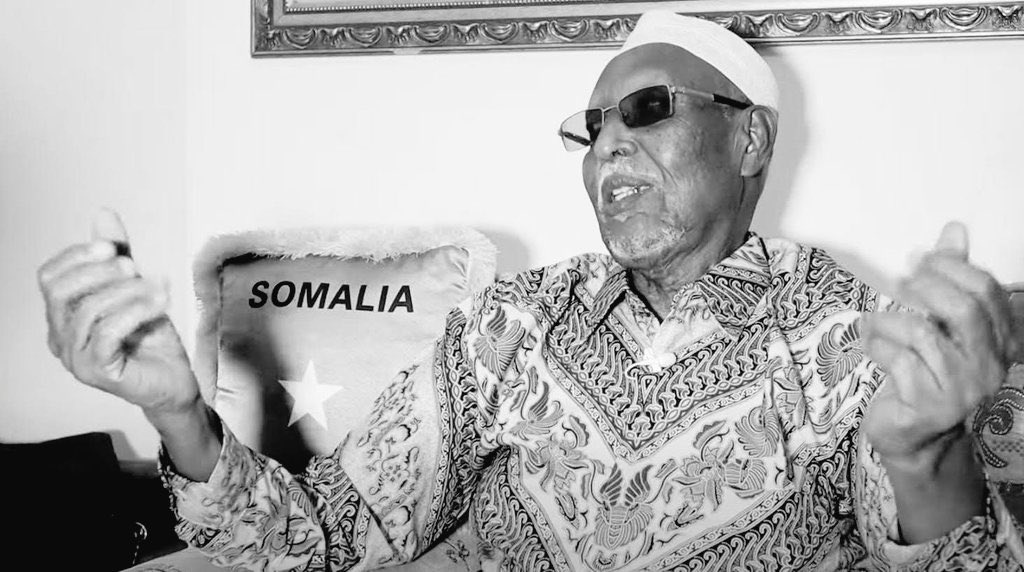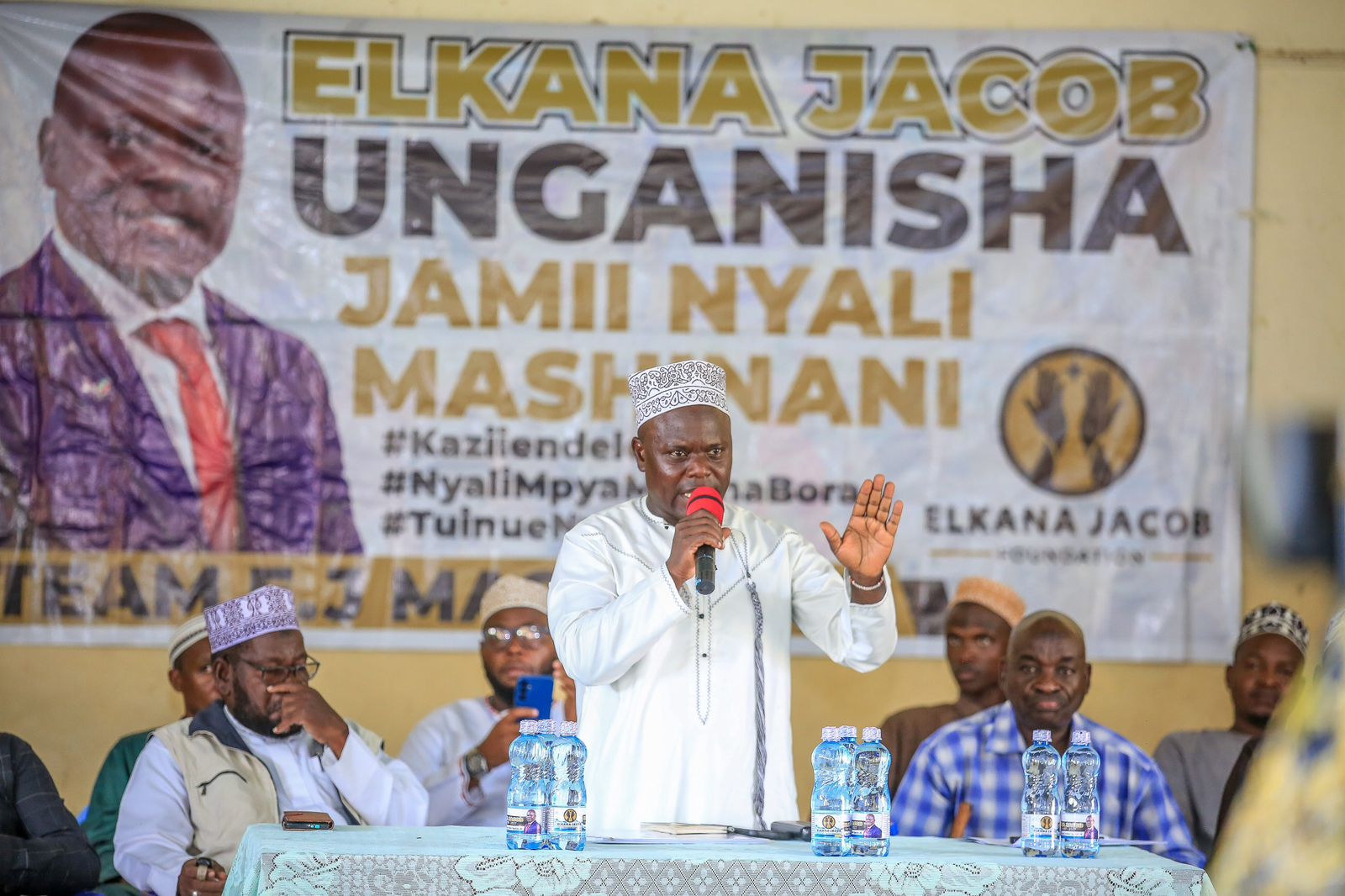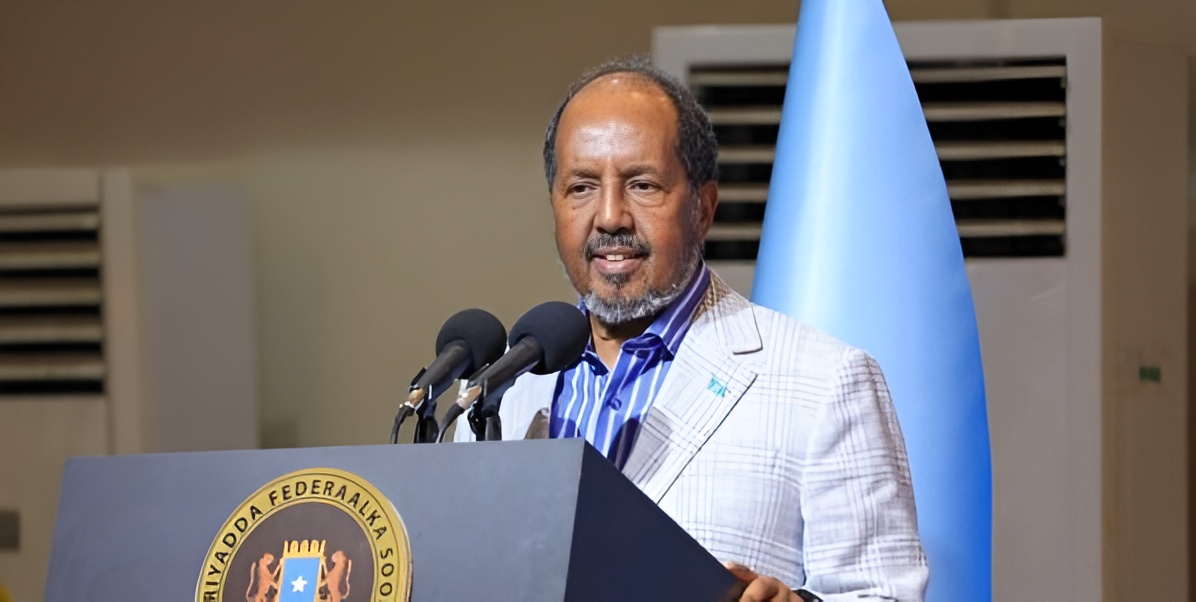Kenya receives mpox testing kits, NTD medicines from WHO, USAID
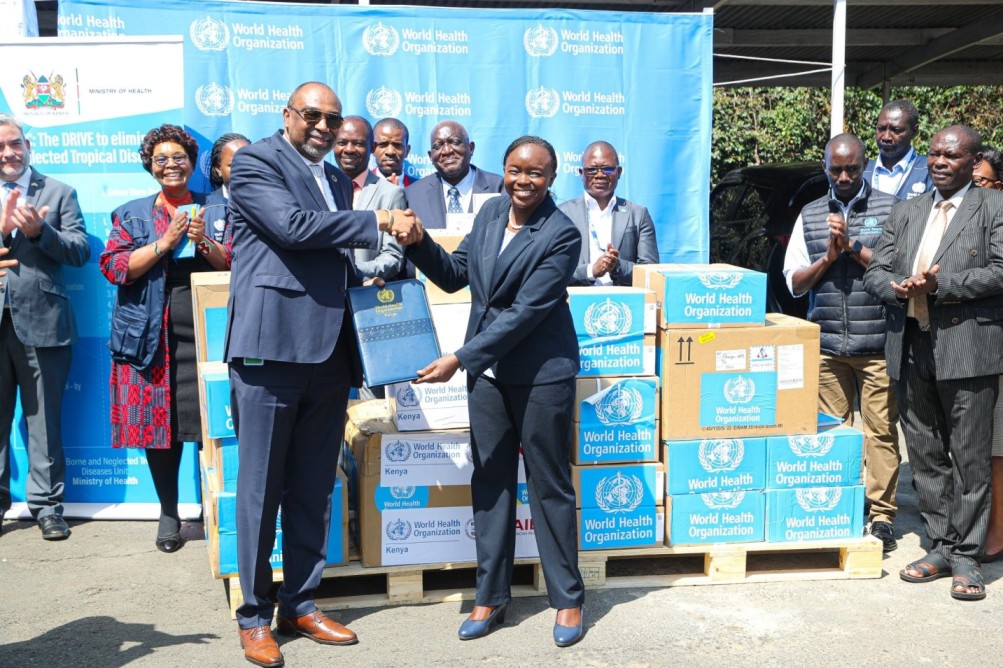
The Ministry of Health has received Mpox testing kits and medications for neglected tropical diseases (NTDs) from the World Health Organisation (WHO), USAID, and other health partners.
These supplies will enhance the country's efforts in combating these health challenges.
Speaking at the handover session, Health Cabinet Secretary Deborah Barasa expressed her appreciation for the support from WHO and other partners in ensuring that essential medicines are delivered to those in need.
"Mass drug administration (MDA) campaigns for controlling NTDs, including lymphatic filariasis, soil-transmitted helminths, and schistosomiasis, especially in regions most affected, are important in addressing the health needs of vulnerable populations," stated Barasa
The upcoming MDA campaign will target areas with the highest disease burden. She also welcomed the donation of Mpox testing kits from USAID, which will enhance the country's capacity to effectively identify and respond to cases.
WHO Representative to Kenya, Dr. Abdourahmane Diallo, announced the donation of 15,215,000 tablets of NTD medicines, valued at USD 1.6 million, earmarked for this month's MDA efforts.
He reaffirmed WHO's commitment to aiding Kenya in its goal to eliminate NTDs, including schistosomiasis and soil-transmitted helminthiases, by the year 2030.
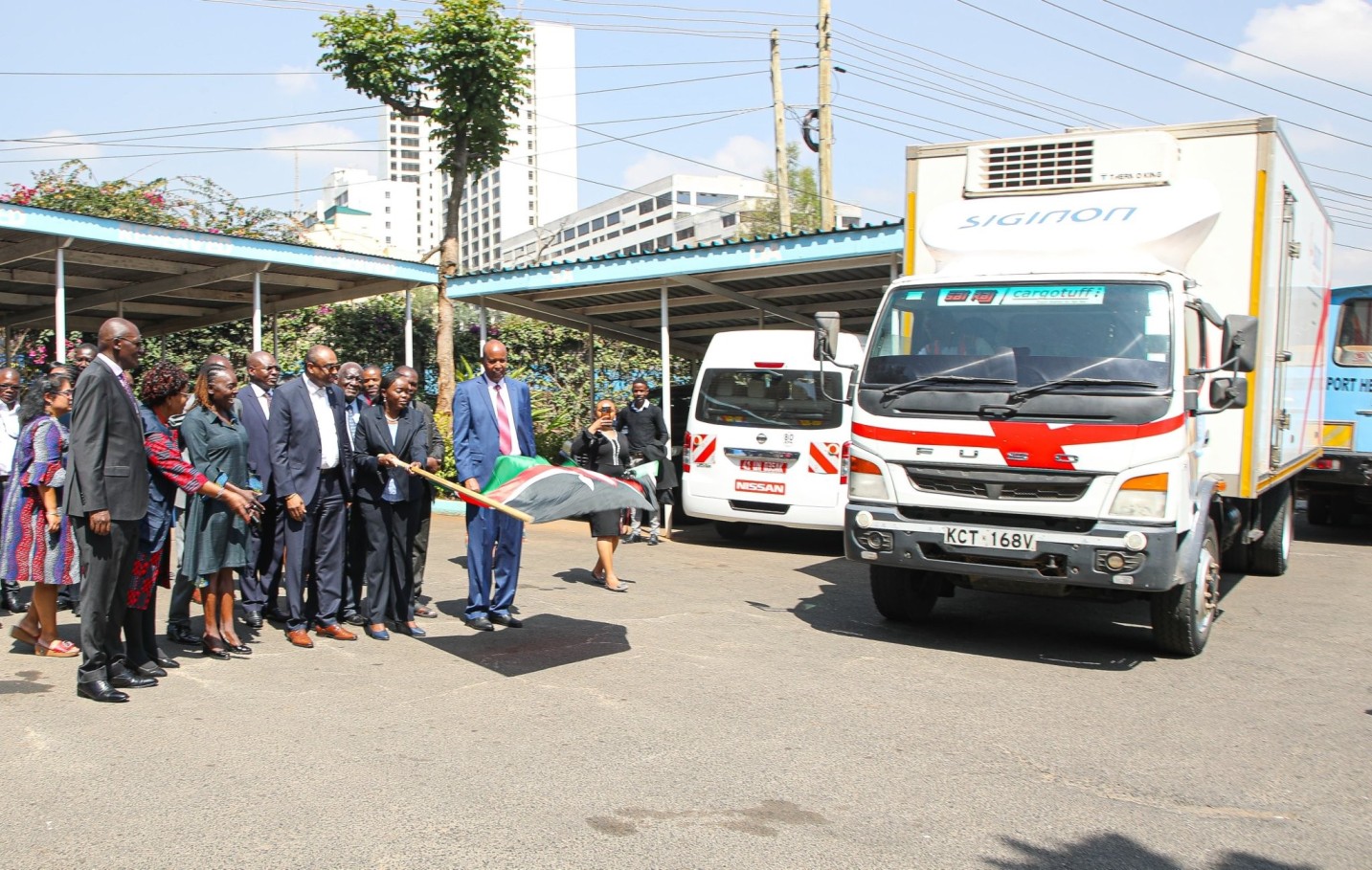 Health Cabinet Secretary Deborah Barasa flags off a lorry loaded with Mpox testing kits and NTD medications, on Monday, October 14, 2024, marking a significant step in the fight against health challenges in the country. (Photo: MoH)
Health Cabinet Secretary Deborah Barasa flags off a lorry loaded with Mpox testing kits and NTD medications, on Monday, October 14, 2024, marking a significant step in the fight against health challenges in the country. (Photo: MoH)Health Cabinet Secretary Deborah Barasa flags off a lorry loaded with Mpox testing kits and NTD medications, marking a significant step in the fight against health challenges in the country. Photo by MoH.
According to the World Health Organisation (WHO), neglected tropical diseases (NTDs) represent a diverse group of conditions caused by various pathogens, including viruses, bacteria, parasites, fungi, and toxins.
These diseases have significant health, social, and economic repercussions, primarily impacting impoverished communities in tropical regions, though some are found in broader geographical areas.
The WHO estimates that over 1 billion people are affected by NTDs, with approximately 1.6 billion requiring interventions for prevention and treatment.
According to the Kenya Medical Research Institute (KEMRI), neglected tropical diseases (NTDs) are a group of chronic and debilitating infections that affect over a billion people worldwide, primarily in Africa, especially among those living in remote rural areas, urban slums, or conflict zones.
In addition to their detrimental effects on health, NTDs perpetuate a cycle of poverty and stigma, hindering individuals from working, attending school, or fully participating in family and community life.
NTDs include a variety of pathogens: trypanosomal parasites (such as Leishmaniasis, Human African trypanosomiasis, and Chagas disease), helminth parasites (including Schistosomiasis, Lymphatic Filariasis, Onchocerciasis, Dracunculiasis, Echinococcosis, Taeniasis/Cysticercosis, Ascariasis, Trichuriasis, Hookworm, and Strongyloidiasis), bacterial infections (like Leprosy, Buruli ulcer, Noma, Trachoma, Cholera, and Yaws), and viral infections (such as Yellow fever, Dengue fever, Japanese Encephalitis, and Rabies).
These diseases are termed "neglected" because they have received significantly less funding and attention from national governments and the medical and donor communities compared to diseases like malaria, HIV, and tuberculosis, despite the vast number of people affected, according to KEMRI.
Other Topics To Read
Top Stories Today








